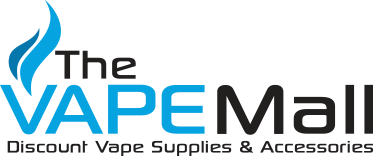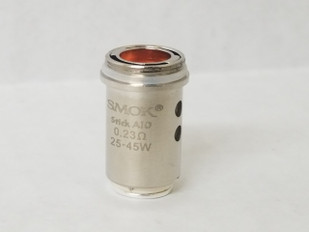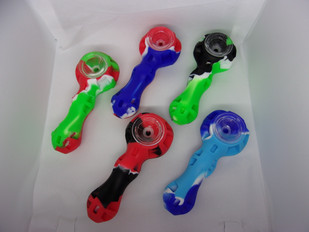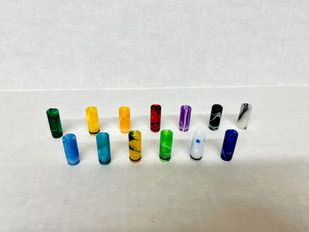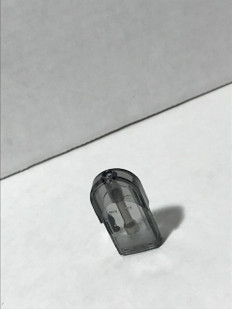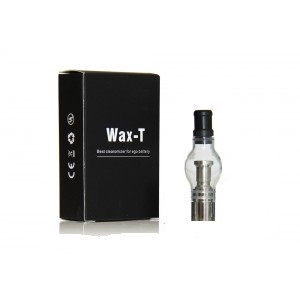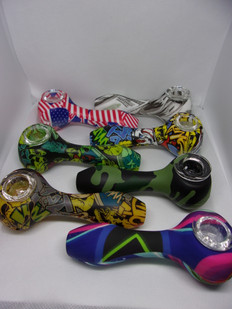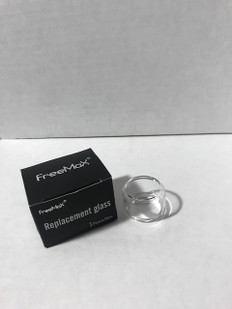- Home
- The Vape Mall Blog
- Being a THC-P Detective: How to Spot a Fake THC-P Product
Being a THC-P Detective: How to Spot a Fake THC-P Product
Posted by on
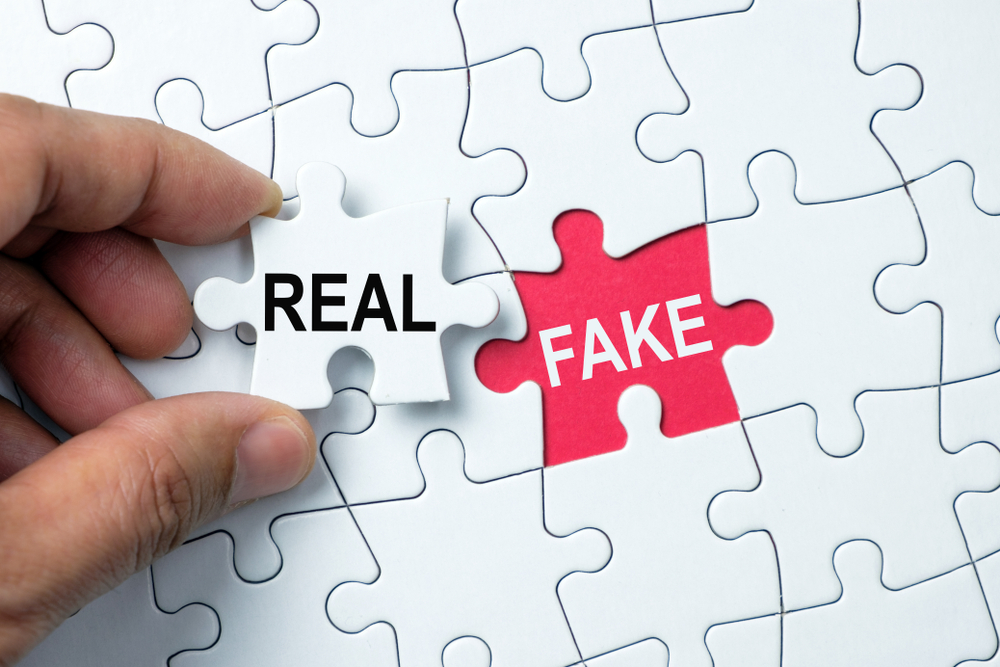 THC-P is one
of the newer hemp-derived cannabinoids to enter the market, and thus, has
already soared in popularity mainly thanks to the fact that its psychoactive
potency is about 10x that of delta 9 THC.
THC-P, or tetrahydrocannabiphorol as it’s more formally known, is so in
demand right now that it’s absolutely exploding on the market, with more and
more companies eager to offer their own lines of products infused with the
cannabinoid. Having a broad selection of
THC-P to choose from is a good thing, but it also makes it easier for fakes to
make their way onto shelves, which must be avoided at all costs.
THC-P is one
of the newer hemp-derived cannabinoids to enter the market, and thus, has
already soared in popularity mainly thanks to the fact that its psychoactive
potency is about 10x that of delta 9 THC.
THC-P, or tetrahydrocannabiphorol as it’s more formally known, is so in
demand right now that it’s absolutely exploding on the market, with more and
more companies eager to offer their own lines of products infused with the
cannabinoid. Having a broad selection of
THC-P to choose from is a good thing, but it also makes it easier for fakes to
make their way onto shelves, which must be avoided at all costs.
Why THC-P Fakes Exist
We know it can be alarming to know that fake THC-P does exist on the market. But, it’s sort of an inevitability given the current circumstances of the hemp market. On one side, we have a booming industry where there’s a lot of room to make a profit, due to ever-growing demand. On the other side, we see a lack of regulation as the hemp industry is still pretty new. This offers the perfect opportunity for shadier companies out there to profit off of customers who don’t know enough about hemp to be able to discern between high and low-quality, or even fake products. Fakes aren’t everywhere, mind you, but they do exist both online and in person.
The Types of Fakes You May Encounter
Ultimately, the term “fake” can mean a number of things when it comes to a THC-P product. Knowing the different categories of fakes is important so that you always stay on your toes as a consumer.
- Counterfeit Products: Counterfeit products are going to be products that look identical to another brand’s product in terms of the packaging and label, but are not actually produced by that brand, and contain a cheaper or flat-out fake formula inside.
- Products Lacking in THC-P: Yes, some products labeled as “THC-P” don’t actually contain any THC-P at all. These are rarer to encounter, but do exist. The reason why they’re not as common is because federal laws are strict about labeling, so claiming a product contains THC-P when it doesn’t can get you shut down quickly.
- Products Made with Cheap or Harmful Ingredients: Some THC-P formulas out there aren’t “fake” in the sense that they do actually contain THC-P. However, the other ingredients in them are incredibly low in quality, or worse, actually harmful to consume.
How to Avoid Fakes When Shopping for THC-P
We know it’s alarming to think about ending up with a fake THC-P product, but the good news is that there’s a simple checklist that you can follow to make sure that you avoid this risk entirely. This way, you can always purchase THC-P with the confidence knowing that you’re getting the authenticity and quality level that you deserve.
Tip #1: Look Up a Brand’s Reputation
Whenever you encounter a new THC-P brand, whether in person or online, do some research. See what other enthusiasts have to say about them, and then look for reviews both on their website and elsewhere. You’ll find out pretty quickly whether or not other hemp users are satisfied with their THC-P. Also, if you’re buying THC-P from an online distributor or local business, look up the reputation of that business as well to get a feel for their overall quality standards. If they’ve been caught selling fakes before, chances are that it will happen again.
Tip #2: Choose an Online Source
Overall, it’s better to buy your THC-P and other hemp products online instead of in person. Online retailers are more competitive with one another due to higher demand and higher visibility. This means that it’s harder for an online brand to really thrive on the market if they’re consistently disappointing customers. Local stores have lower local demand, and so, can more easily get away with selling cheap and fake products.
Tip #3: Examine the Label
Look at the label of a product thoroughly. If it has any spelling or grammar mistakes, or simply is missing key information such as the milligram strength or serving size information, this is always a red flag. Companies have to work hard to sell their products by using accurate and carefully structured labeling, and companies that slack off in this area may not have an interest in holding onto high quality standards, or selling authentic THC-P.
Tip #4: Check the Lab Reports
All hemp products should be tested by a third-party laboratory that is authorized by the state, with no exceptions. This testing process determines the purity, potency, authenticity and federal compliance of the product. These lab reports should also be accessible to consumers through the company’s website, or through the scanning of a QR code on the label. If the lab reports are missing information that has been blocked out, or look very unprofessional, you may be looking at a fake report.
Tip #5: Find a Way to Contact the Brand
If a company fails to offer any kind of contact information, then you should avoid them. All hemp companies should offer some kind of customer service, and a brand that doesn’t let you get in touch with them could very well be hiding something from you.
Tip #6: Read Ingredients
Always read the ingredients of a THC-P product thoroughly. Avoid products that contain loads of filler ingredients, or ingredients that are known to be harmful when consumed. The ingredients can tell you a lot about a brand’s quality standards.
Fake THC-P Exists, But it’s Easy to Avoid
As THC-P becomes more popular, sadly, fakes will become more prevalent throughout the industry. Of course, the good news is that with some basic knowledge, you can totally avoid fakes and never run into this problem. The best thing that you can do is find a reliable company that you can trust, and buy your THC-P from them, knowing that each purchase offers the real deal.
 Loading... Please wait...
Loading... Please wait...

